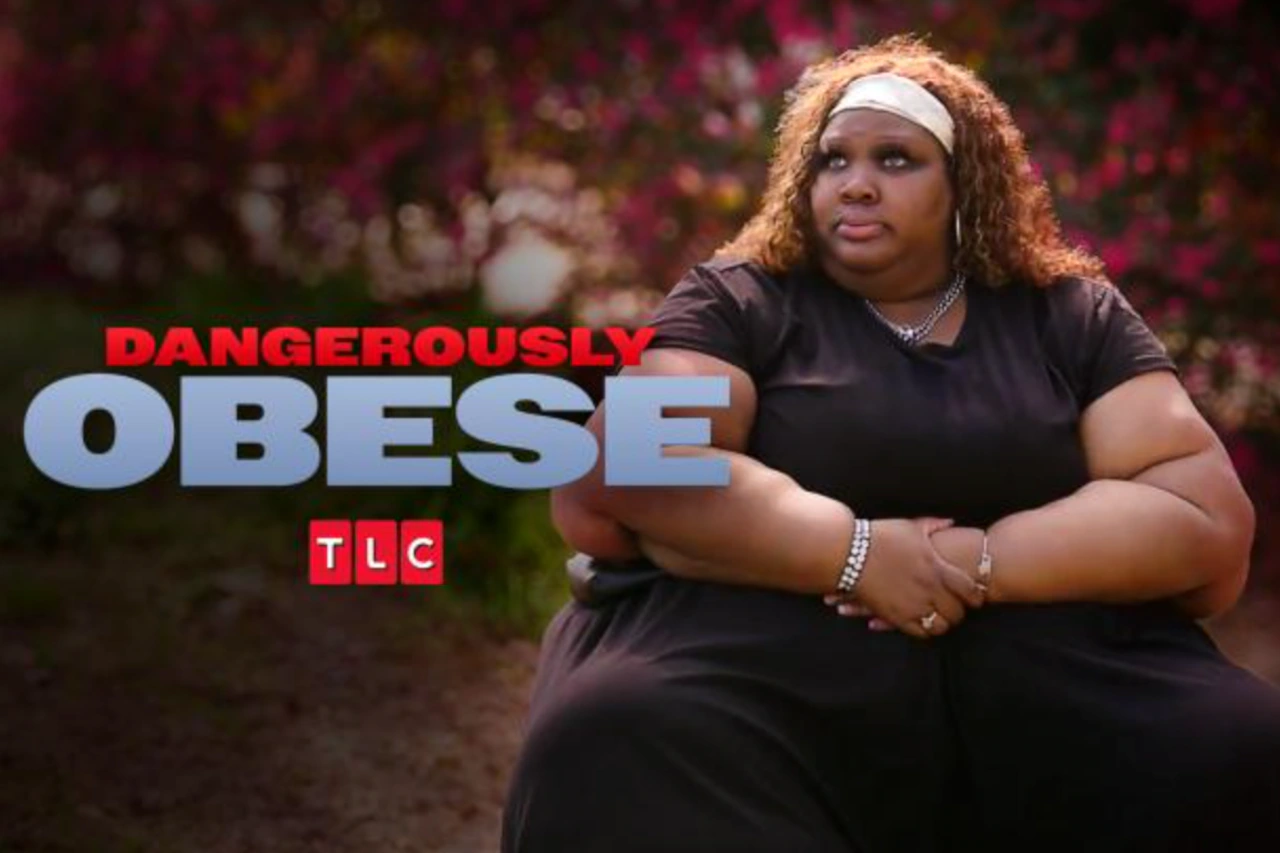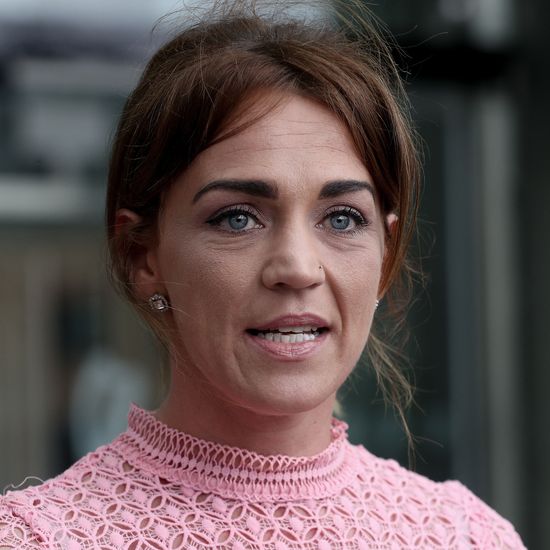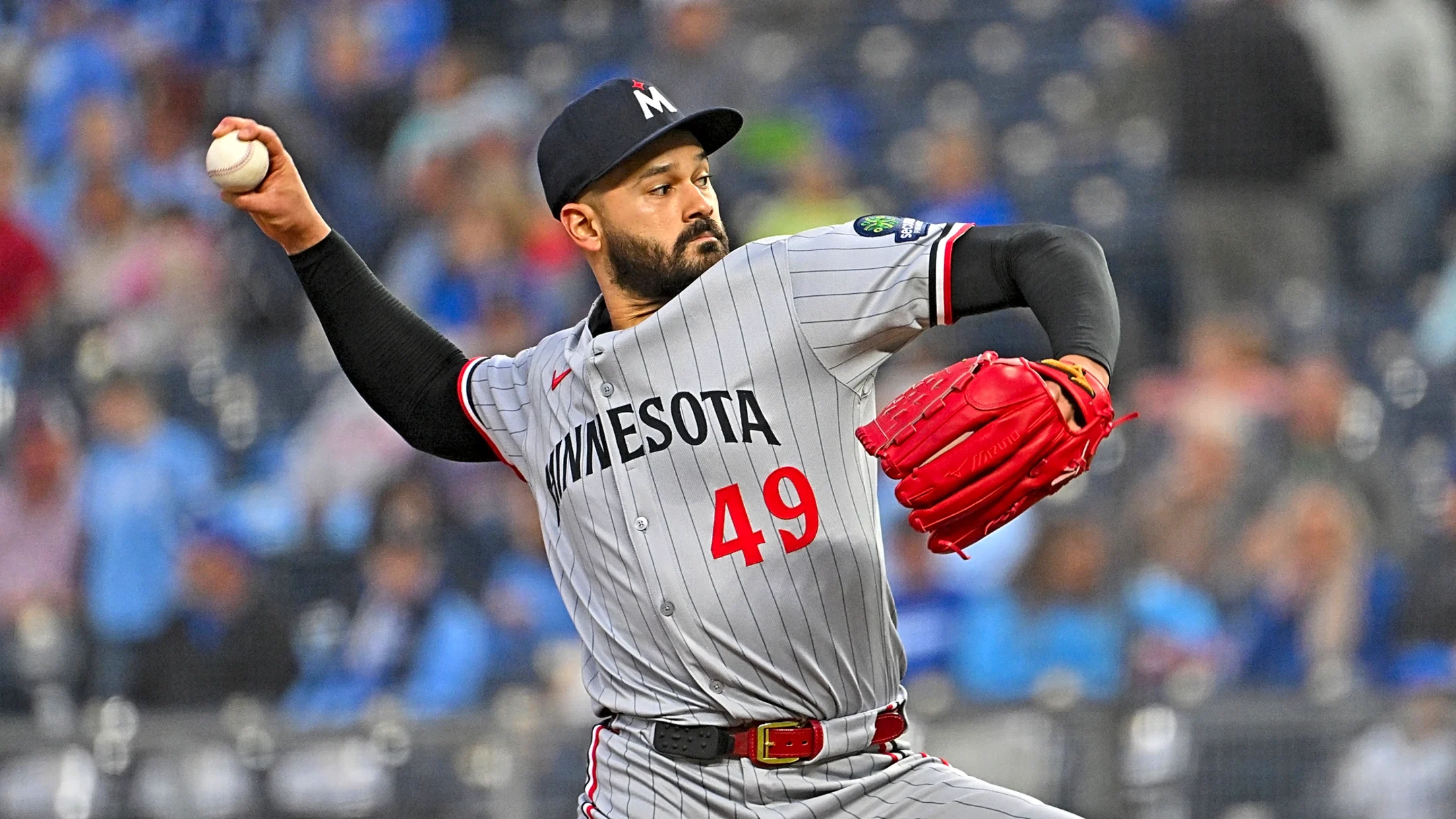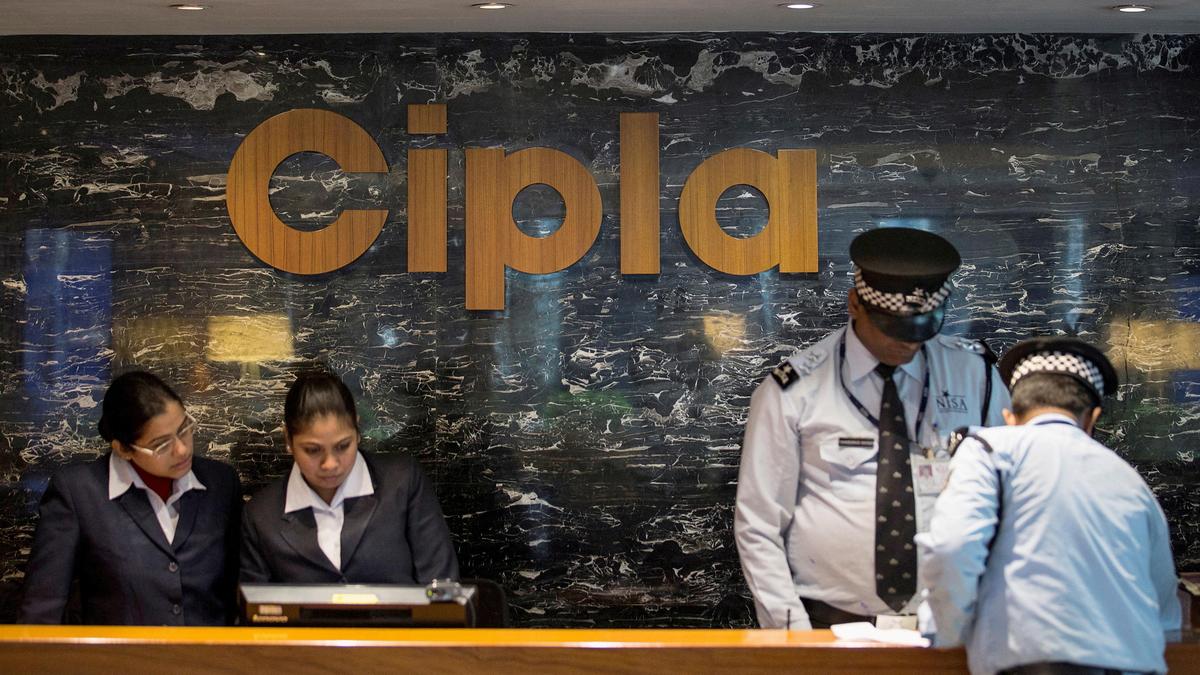Copyright newsweek
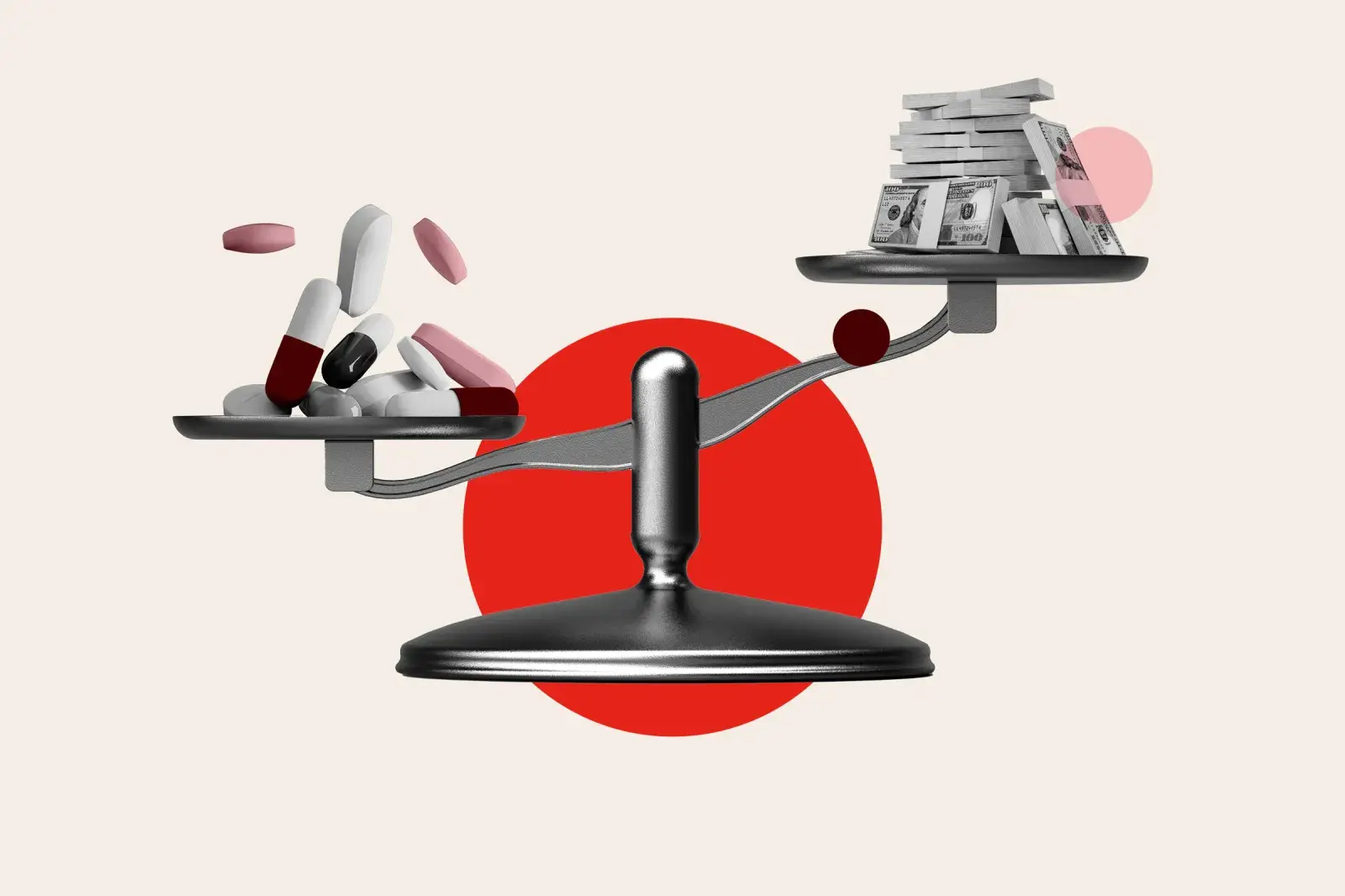
As Americans are becoming increasingly concerned about the cost of health insurance, with price hikes for many plans expected next year, experts have told Newsweek when it could be cheaper to cover health costs out of pocket without paying for health insurance. It is possible that the total cost of insurance “could amount to higher spending on medical care than if the person was uninsured, especially for people who are healthy or rarely use health care,” Anna Doar Sinaiko, a professor of health economics and policy at Harvard University, told Newsweek. However, for people who “use more than a minimum of health care, it is much less likely that it would be cheaper to be uninsured and pay for care directly than to be insured,” she added. Why It Matters The expected expiration of the Affordable Care Act (ACA) enhanced tax credits at the end of the year means national average increases for ACA-compliant plans are forecasted to go up around 20 percent. At the same time, employer health benefit plans are also predicted to see an average increase of over 6 percent in cost next year. Broadly, health insurance costs are increasing due to many factors, like inflation, increasing labor costs following the COVID-19 pandemic, and the growing demand for GLP-1 drugs such as Ozempic and Wegovy for diabetes treatment and weight loss. A recent poll conducted by The Associated Press (AP) and NORC at the University of Chicago found that 57 percent of Americans were “extremely” or “very” concerned about rising health care costs. What To Know Under a few conditions, Americans may face lower health costs if they opt not to pay for health insurance—but this could leave them at risk if they are suddenly confronted with expensive bills due to injuries, accidents or sudden health complications. Costs could be cheaper without insurance for those who do not have access to employer or government health insurance, which covers most health costs, and those who “do not get hit by a bus, develop cancer or have a heart attack and incur a big bill,” Gerard Anderson, a professor of health policy and management at Johns Hopkins University, Maryland, told Newsweek. That said, he added in health economics, generally 20 percent of people incur 80 percent of the health care bills, but the issue is that “you never know who will be in the 20 percent,” so “unless you are an extreme risk taker, it is always better to have health insurance.” In some cases, providers may also take lower prices for those paying cash over insurance, Christopher Whaley, a professor in the Department of Health Services, Policy and Practice at Brown University, told Newsweek, adding this can be cheaper for patients, and “saves providers the hassle of going through insurance processes.” Although for more expensive care, insurers “negotiate discounts off of provider rates,” he added, meaning that “if a patient has a hospital stay, then costs without insurance could be much higher than insurance prices.” There are plans in place that cater to those who do not need routine medical coverage, while protecting them from steep emergency costs—known as catastrophic plans. These plans are gaining in appeal in some cases for younger Americans without existing health conditions, to save them from paying for full coverage. The expansion of the role of pharmacies has meant that paying cash for generic drugs and services can also be cheaper at times. “Some pharmacies offer certain generic drugs for as little as $4 for a 30-day supply,” Dr Ateev Mehrotra, chair of the Department of Health Services, Policy and Practice at Brown University, told Newsweek. “This can happen because billing insurance involves substantial administrative costs, sometimes higher than the reimbursement itself,” he added. However, he said these cases are rare, and in most areas of healthcare, paying in cash will be higher than the out-of-pocket cost under insurance. According to the Peterson-KFF Health System Tracker, 95 percent of American adults under 65 accounted for only 47 percent of the healthcare spending within this age group, meaning many could “see savings by opting out of insurance” as they “collectively pay more than they consume,” Ge Bai, a professor of health policy and management at Johns Hopkins Bloomberg School of Public Health, Maryland, told Newsweek. “The percentage would be even higher if we take into account the pricing advantages of paying cash, the removal of administrative costs and profit margins from the insurance industry, and the structural flaws of Obamacare that have inflated premiums,” she added. However, if more healthy Americans opt not to pay for health insurance, “the people with health insurance will see their premiums increase e...
